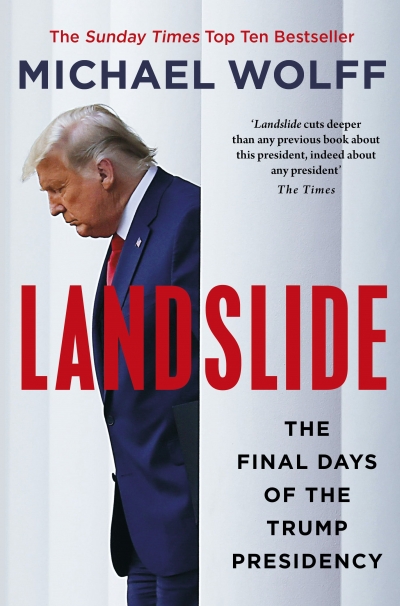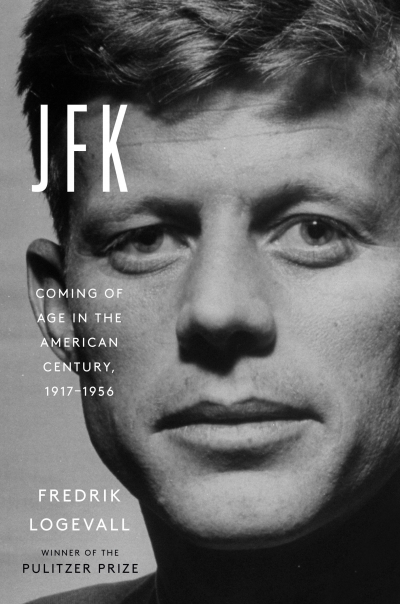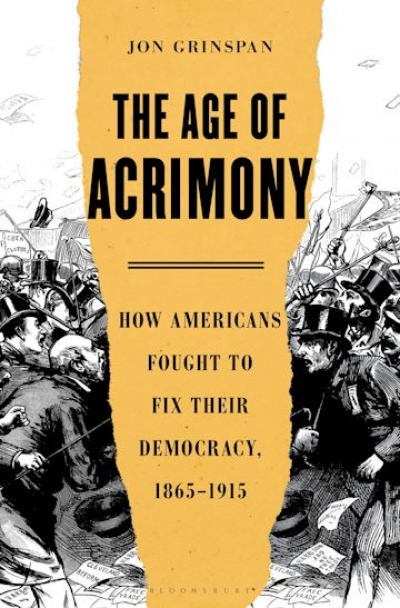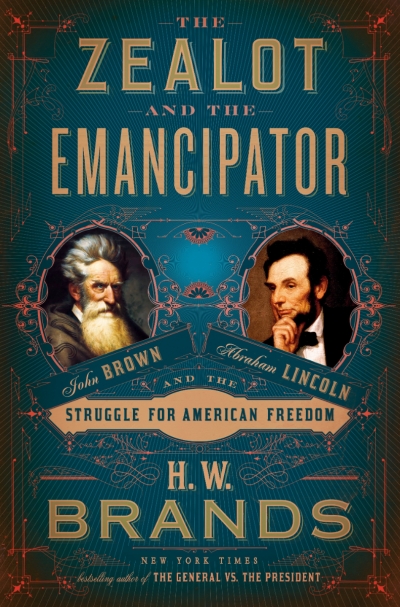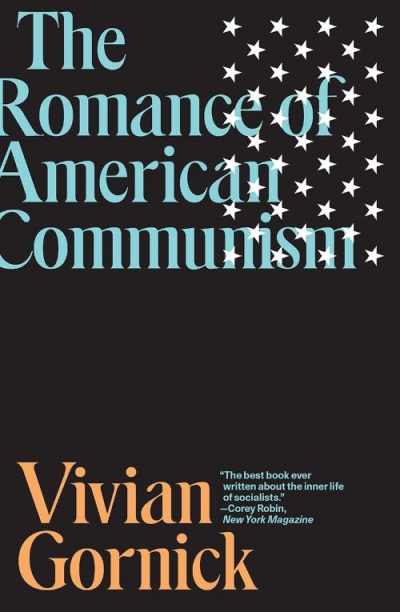US Politics
Sign up to From the Archive and receive a new review to your inbox every Monday. Always free to read.
Recent:
Landslide by Michael Wolff & Peril by Bob Woodward and Robert Costa
Surely it wasn’t meant to be like this. In early September, Prime Minister Scott Morrison was set to attend a lavish ceremony in Washington to mark the seventieth anniversary of the signing of the ANZUS Treaty. On the same trip, he was due to sit down in person for the first time with his US, Indian, and Japanese counterparts, fellow members of the ‘Quadrilateral Security Dialogue’, or ‘Quad’, a gathering primed to be a regional counterweight to China.
... (read more)JFK: Coming of age in the American century, 1917–1956 by Fredrik Logevall
The Age of Acrimony: How Americans fought to fix their democracy, 1865–1915 by Jon Grinspan
The Zealot and the Emancipator: John Brown, Abraham Lincoln and the struggle for American freedom by H.W. Brands
The events of January 6 shocked the world. In this episode of the ABR Podcast Samuel Watts reads his article 'This Is America' and offers a historical perspective. As Watts notes, 'To view the assault on the US Capitol as the climax of a dramatic, but brief, period of authoritarianism in the US is a potentially dangerous mistake. This attack was just the latest iteration in a long-lasting tradition of anti-democratic, white supremacist violence that has plagued the Republic since, at least, the Civil War.'
Samuel Watts’s article ‘This Is America’ is one of a series of commentaries funded by the Copyright Agency’s Cultural Fund.
... (read more)On the morning of 6 January 2021, President Donald Trump addressed a crowd of his supporters outside the White House for more than an hour. The president urged protesters who had already begun gathering along the National Mall to go to the Capitol Building where both houses of Congress were about to start the process of certifying the results of the electoral college, formalising Joe Biden’s victory in the November 2020 election. The election had been stolen, Trump told them: it was time for them to take it back and march on Congress: ‘You will never take back our country with weakness,’ said the president.
... (read more)

